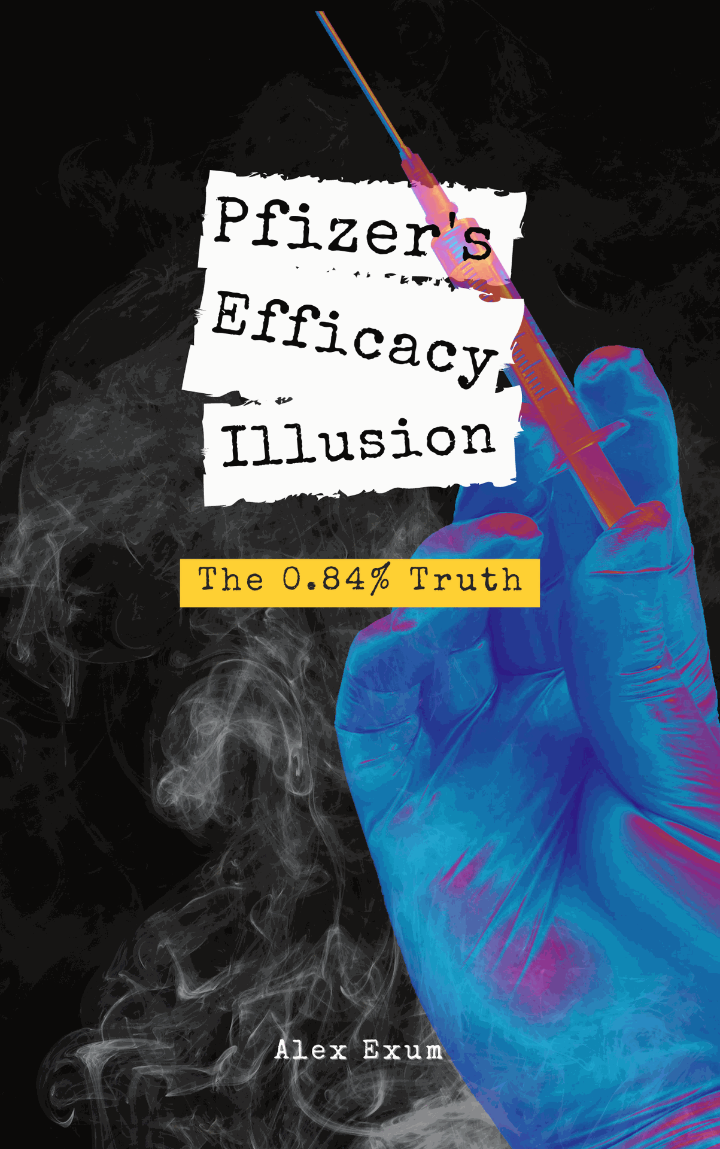The subject of vaccines has sparked intense debates across the globe. While the scientific consensus has long held vaccines to be safe and effective tools in combating infectious diseases, there have been instances in the past when vaccines did not deliver the expected outcomes. As we explore these events, the intent is not to fuel vaccine scepticism, but to underscore the importance of continuous scientific scrutiny and the role of lessons learned in advancing vaccine science.
Let me preface this by saying that I understand and respect the critical role that vaccines play in public health. Vaccines have been instrumental in eradicating or controlling numerous infectious diseases that were once devastating, such as smallpox, polio, and measles. The Centers for Disease Control and Prevention (CDC) reports that vaccines have averted 23.3 million deaths from disease worldwide since 2011. This number surely deserves applause.
However, as a cautious observer of history, I cannot ignore the instances where vaccines have, unfortunately, failed us. As we navigate the complexities of the COVID-19 pandemic and the global rollout of vaccines, it is only prudent to remember these lessons from our past.
1. The Cutter Incident (1955)
The Cutter Incident in 1955 marked a significant event in vaccine history. In this unfortunate event, batches of the polio vaccine containing live poliovirus were administered to the public, even though they had passed required safety testing. This led to over 250 cases of polio, many of which resulted in paralysis. The vaccine was promptly recalled, and the incident paved the way for a more robust system of vaccine regulation.
2. Dengue Fever Vaccine Complications (2017)
In 2017, the Philippines experienced a setback in their school-based dengue fever vaccination program. Reports of complications and several deaths led to its discontinuation. The French manufacturer, Sanofi Pasteur, disclosed that the vaccine Dengvaxia posed a risk to those who had not had prior infection from one of the disease's four stereotypes, thereby increasing the risk of contracting a more severe form of the disease.
3. Measles Vaccine Failure (Early 1960s)
The early 1960s saw a significant challenge with a specific measles vaccine. Thousands of children who received an inactivated vaccine developed atypical measles upon exposure to the actual virus. This resulted in high fevers, severe abdominal pain, lung inflammation, and often hospitalization. The vaccine was eventually withdrawn.
4. Respiratory Syncytial Virus (RSV) Vaccine Attempt (1960s)
The last case involved the attempted vaccination against the Respiratory Syncytial Virus (RSV). Children treated with one type of vaccine developed an enhanced form of the disease, leading to high fever, bronchopneumonia, wheezing, and hospitalization. Tragically, two children died. To date, there is no vaccine to prevent RSV infection, but scientists are tirelessly working towards developing one.
A Notable Mention: The Smallpox Vaccine
While the smallpox vaccine is hailed as one of the most significant achievements in public health, it too had its challenges. First-generation vaccines, consisting of live, unattenuated vaccinia virus, led to significant side effects in one-third of first-time vaccinees, including missed school or work and sleep difficulties. Rare side effects included postvaccinal encephalitis and myopericarditis. The second-generation vaccines, grown in a sterile environment, carried the same side effects.
In conclusion, while vaccines are essential tools in combating infectious diseases, we must remember that they are not without their faults. These instances from history should not deter us from embracing vaccines but should encourage us to strive for safer and more effective vaccines. We must promote transparency, rigorous testing, and proper regulation to ensure the safety and wellbeing of all. After all, our goal is the same: a healthier, safer world.


Excuse me if I am Vaccine Hesitant: Four Times in History Vaccines Failed